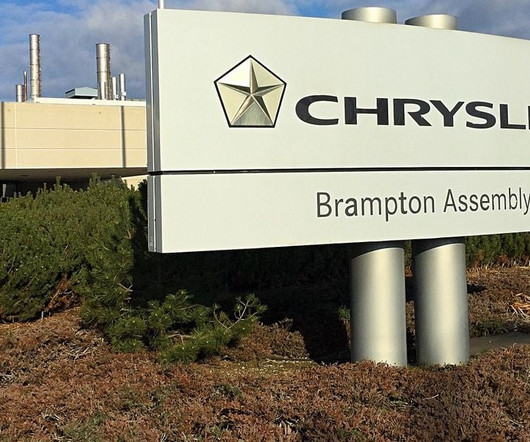Report: Mitsubishi Planning Dealer Expansion, More Models for U.S.
The Truth About Cars
MAY 23, 2024
A few years ago, your author speculated that Toyota would probably be having a good run as there was mounting evidence that Americans couldn’t really afford new automobiles. Last week, retailers were reportedly informed that the company intends to expand its North American lineup, nearly doubling its product offerings by 2030.












Let's personalize your content